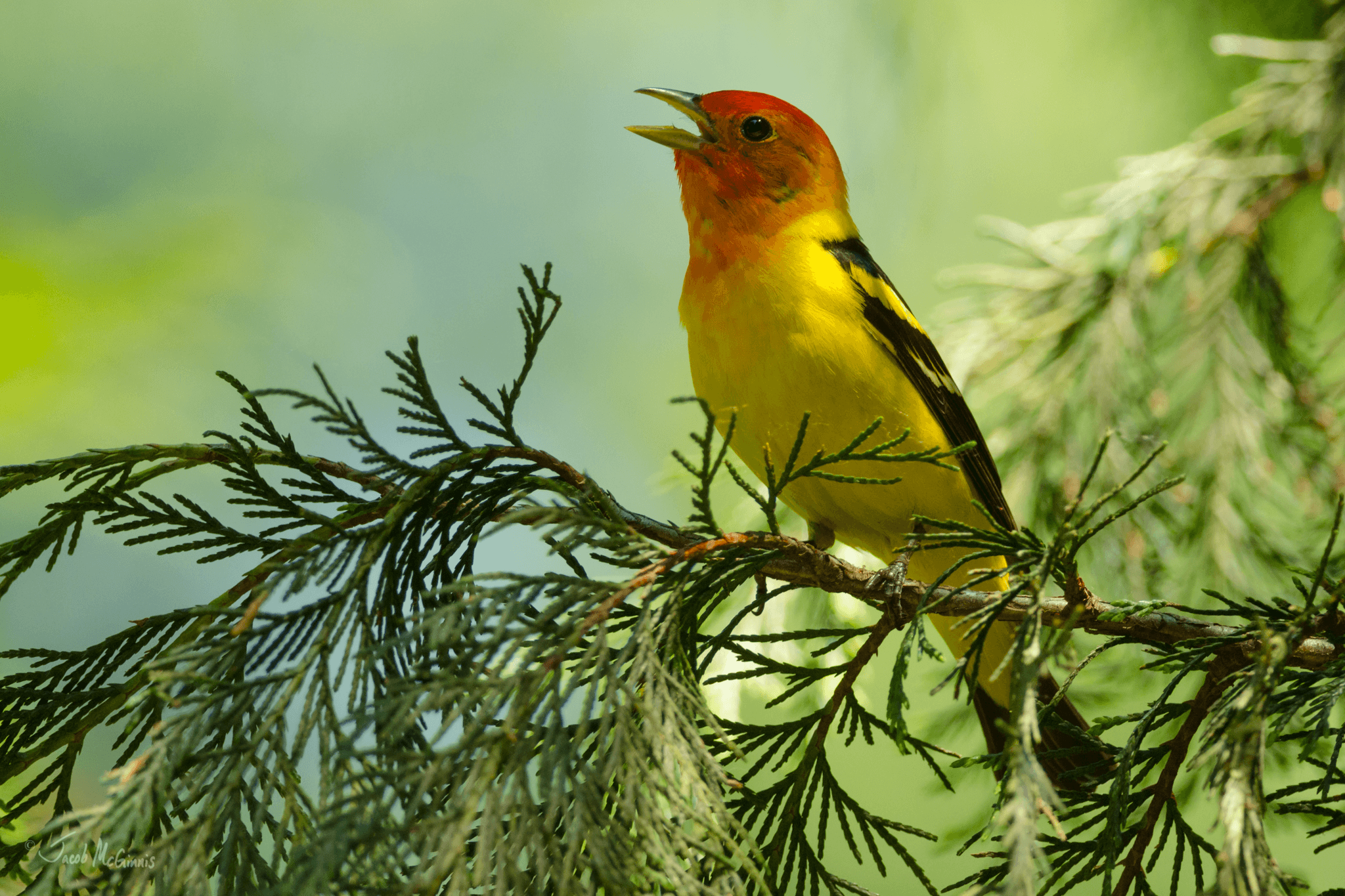Humans can only hear frequencies within the limited range of 20 Hz and 20,000 Hz, meaning that there are a host of sounds that we cannot hear. An example of a sound we cannot hear but other animals can is a dog whistle. These instruments emit an ultrasonic sound that is inaudible to the human ear because it falls outside of human hearing range but can be clearly picked up by dogs, a valuable tool to give “invisible” signals to pets.
In a recent finding similar to the dog whistle example as they both exist outside of normal human hearing range, Duke University researchers discovered that male mice sing! That is, the male mice constantly emit high frequency songs in attempts to attract female companions for mating. Even more amazing is that mice are not limited to one type of song, but they can alter and tailor their vocal patterns to the environment in which they are presiding. When the male mice cannot see the females, their songs tend to be louder and much more complex than when they can clearly see the females. Scientist believe that this behavior occurs because males expend energy to produce the more complex calls but then simplify the call to conserve energy expenditure.
Image Source: Adam Tseng
When exposed to various male mice singing patterns, the scientists found that female mice preferred more complex songs involving the high-pitched sounds of a mouse performing its mating call. As of now, scientists have only tapped the surface of how mice communicate with one another. Perhaps one day humans will learn how to bridge the language barrier between humans and animals. Until then, we can only begin to wonder how the seemingly simple mouse can actually be an enigmatic entity shrouded in constant amazing potential for more research.
Feature Image Source: Male Western Tanager (Piranga ludoviciana) singing among a Red Cedar by Jacob McGinnis











Good article
Good article!